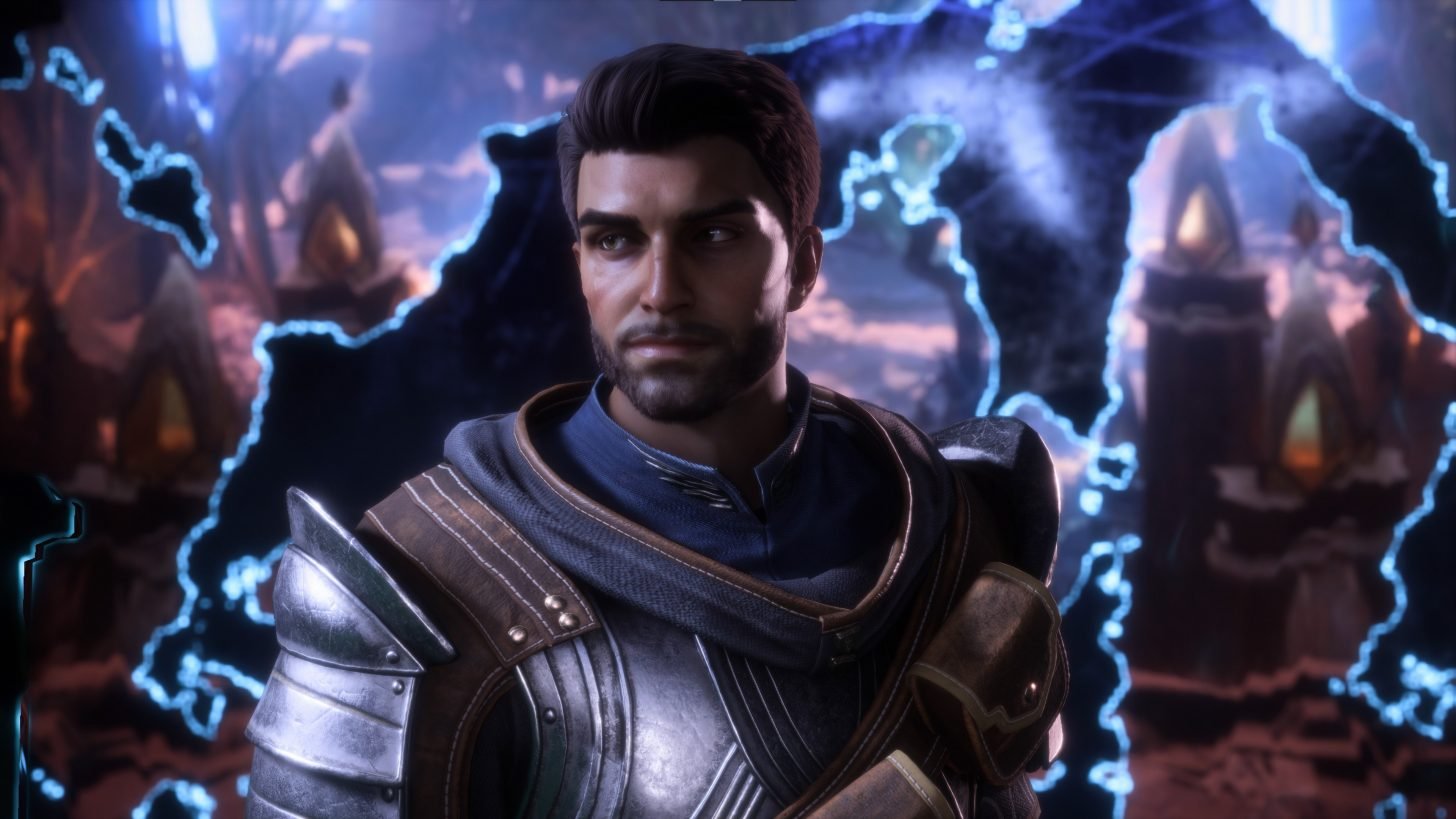Dragon Age: The Veilguard Missed EA’s Expectations By At Least Half
After a few confusing weeks without definitive information, EA has spoken out about Dragon Age: The Veilguard’s reception and provided… another confusing update about the game’s sales targets.
A vibrant colour palette and visual particles are not enough to make a game successful.
Despite assurances the game was doing well amid a flurry of positive critical reviews, it seems Dragon Age: The Veilguard might not have been as successful as EA would have had us believe. Once we were past the initial release window and gamers got their hands on Veilguard, opinions on the latest title in the beloved franchise began to expand and those opinions were not as positive as reviews from media outlets. The high critical praise was not shared with a number of fans who felt that too much had been changed from the core identity of the series, taking the game’s rating to Mixed over on Steam.
Through confidence from the early review cycle, EA had been quick to discuss Dragon Age: The Veilguard’s “breakout potential” before the game released to the general audience. EA’s CEO Andrew Wilson went on to say that The Veilguard would see the aforementioned potential due to the mostly empty release window at the time paired with BioWare’s existing fanbase to help bolster the sales. But then the October 31st release date came and went and gamers around the world got the chance to dive into the newest entry into the Dragon Age franchise. And the results were… not good. The positive outlook on the game’s launch had dissipated, causing players to realize the rift between media outlets and the general audience was wider than originally expected, citing problems with the lack of meaningful choices and that the roleplaying options were limited to just being “too nice.” As the opinions began to turn sour, EA remained silent on the matter.
But less than 3 months after Dragon Age: The Veilguard released, the game’s director Corinne Busche announced she was departing BioWare for “an opportunity I couldn’t turn down” at another studio. Having built an impressive 18-year-long career at EA, a decade of which was spent at the helm of Dragon Age: The Veilguard. Speaking about her exit, Busche said he felt she had achieved what she had set out to do at BioWare, saying “(I wanted) to come in and help right the ship. At the heart of it, this was about my own fulfillment. I love Dragon Age, and BioWare, so the chance to return the game to a proper quality single player RPG was the privilege of a lifetime.”
EA has kept quiet after the release of Dragon Age: The Veilguard, leaving people to speculate the game may not have been a success.
So where does all this fit in? While Busche’s departure was voluntary, people were worried this was tied to the game’s reception and what it might mean for BioWare as a developer. EA have finally broken their silence to discuss the game’s sales numbers… or “players engaged.” What is that metric you may ask? That’s a very good question as every developer either focuses on how successful a game launch is via sales numbers, or quietly adds it as an afterthought during an investor’s meeting when announcing big new titles to generate interest. This was something strange, even for EA.
In their most recent investor update, EA has confirmed that Dragon Age: The Veilguard “engaged” roughly 1.5 million players during the game’s first release quarter, admitting it was down around 50% from the company’s overall expectations for the game in that time frame. Instead of actually announcing how many units The Veilguard has sold, EA skirted around the actual sales numbers to focus instead on player engagement. As any game publisher in 2025 loves to do, EA would be boasting about the overall sales of the game had it been the hit they were expecting. Choosing not to focus on the game’s sales and announce it as “players engaged” not only hides the true numbers, but it gives credence that the amount of players that did choose buy The Veilguard is lower than the announced 1.5 million as there are other ways to get your hands on the game, most noticeably through EA access as the higher tier would give you access to the game and the lower tier would grant a 5-hour trial version of the game.
What does this mean for BioWare? Compared to previous releases, Dragon Age: The Veilguard underperformed. This comes after other such failures from BioWare like their ill-fated live service game, Anthem. Will BioWare be the next legacy game developer that EA shut down, or will they get another chance with the already announced Mass Effect 5? Let us know what you think in the comments.
I created this website as I feel the state of the games industry and games reporting as a whole has gotten overly negative and full of clickbait. While I understand both of these are a great way to generate engagement, it’s a detriment to those gamers (like myself) that are just trying to enjoy games and not have to worry about the negativity of the current state of the gaming industry. I want a space where gamers can come for unbiased news that doesn’t rely on clickbait or rumours with a dash of humour and have the opportunity to share their passion for games.


